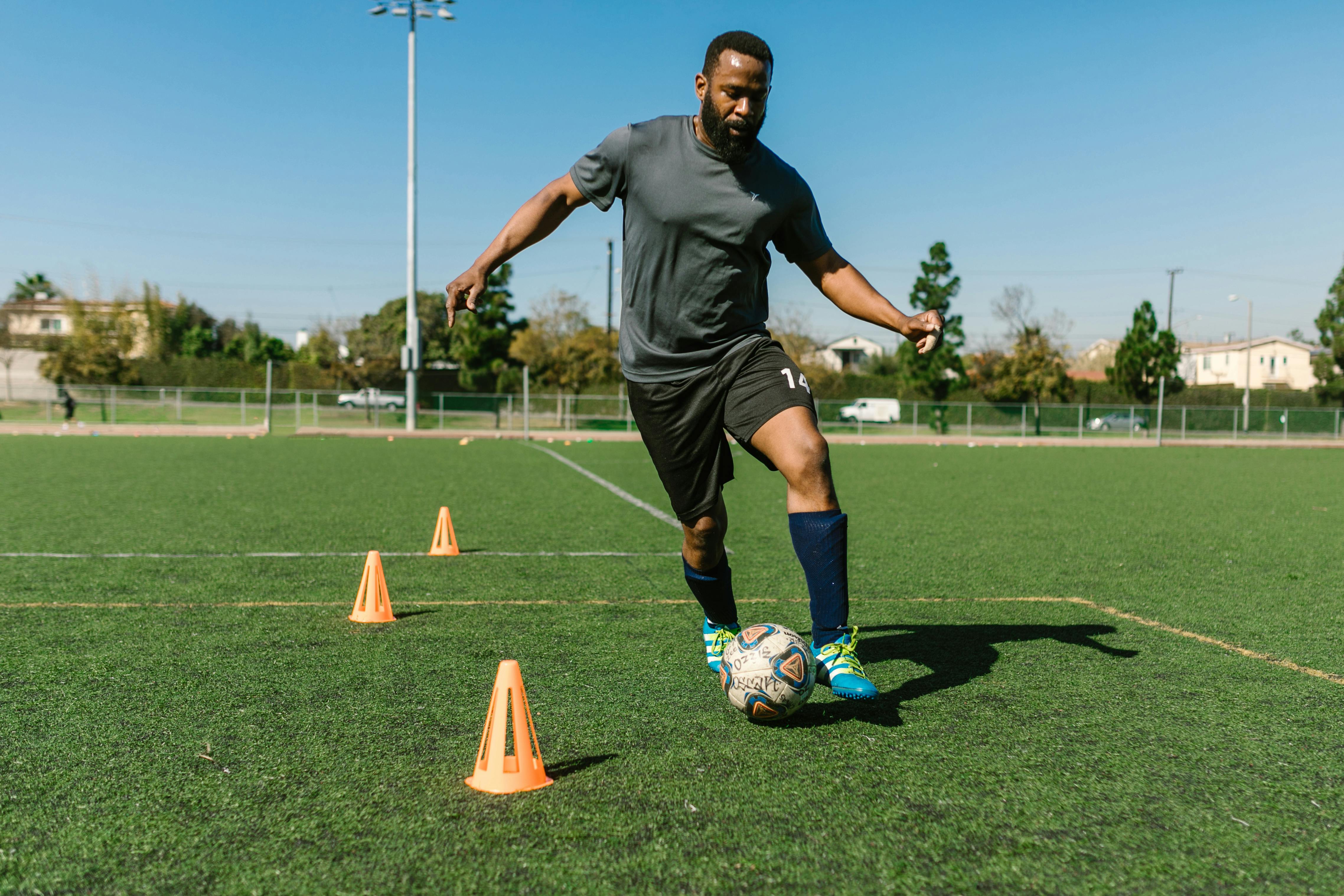Media release
From:
Warm-up could make or break a work-out
Whether training for a marathon, fitting in a quick gym session after work, or running onto the footy field for a professional match, it seems that the warm-up might be just as important as the exercise itself.
New research from Edith Cowan University (ECU) investigated whether warming up could improve the performance outcomes of exercise and found that increased muscle temperature significantly enhances how quickly and powerfully muscles can contract, especially in explosive movements and power output.
“The research found that for every 1°C increase in muscle temperature, performance improved by about 3.5%, with the greatest benefits seen in rate-dependent muscle properties like speed and power, but not in maximum strength,” said lead researcher Dr Cody Wilson.
The research examined both passive and active warm-up methods to determine their effects on muscle performance. Passive warm-ups involved externally heating the muscles, by using heat pads or taking a hot shower to raise muscle temperature without physical activity. In contrast, active warm-ups consisted of light exercise, like riding a stationary bike for ten minutes or doing a practice run of the workout routine.
Surprisingly, no differences were found between the warm-ups, but the researchers are quick to point out that this is probably because the active warm-up exercises used in many studies were different to the exercises used for testing.
“While both active and passive warm-ups result in better speed and power, a lot of research shows that the warm-up exercises should be similar to the exercise you will be doing. If you are lifting weights, starting out by doing the exercise with lighter weights, because the practice actually helps us to activate our muscles more and to use more efficient movement patterns – the nervous system can learn on-the-spot,” fellow author and PhD student JP Nunes said.
Dr Wilson agrees that doing a warm-up related to the exercise being performed could positively impact the results of the workout.
“Any warm-up is important, whether that’s just walking to the gym or doing a ten-minute cycle before your work-out. But there is some indication that warm-ups not related to the exercise being performed do not have as great an effect on performance as just ‘practicing’ the performance.”
As for when to transition from warm-up to work-out, ECU Professor of Biomechanics, Professor Tony Blazevich said there was no golden rule.
“As you are warming up, you will feel the movements become easier, and you will get more accurate and coordinated. You might even start to sweat. We often say that once you get that light sweat, you have probably raised your temperature sufficiently to start your work-out.
“The important thing is to start moving. Whether that is with a light walk or taking a few flights of stairs. Eventually you can work up to a full work out, when a proper warm-up will have its greatest effect,” Professor Blazevich said.



 Australia; WA
Australia; WA


